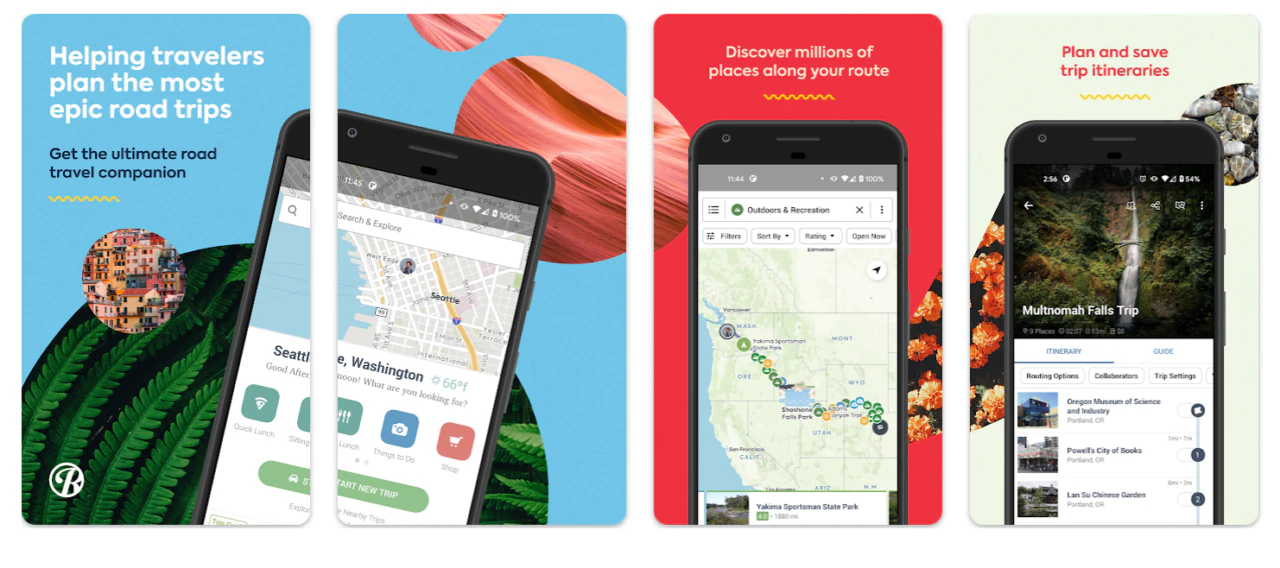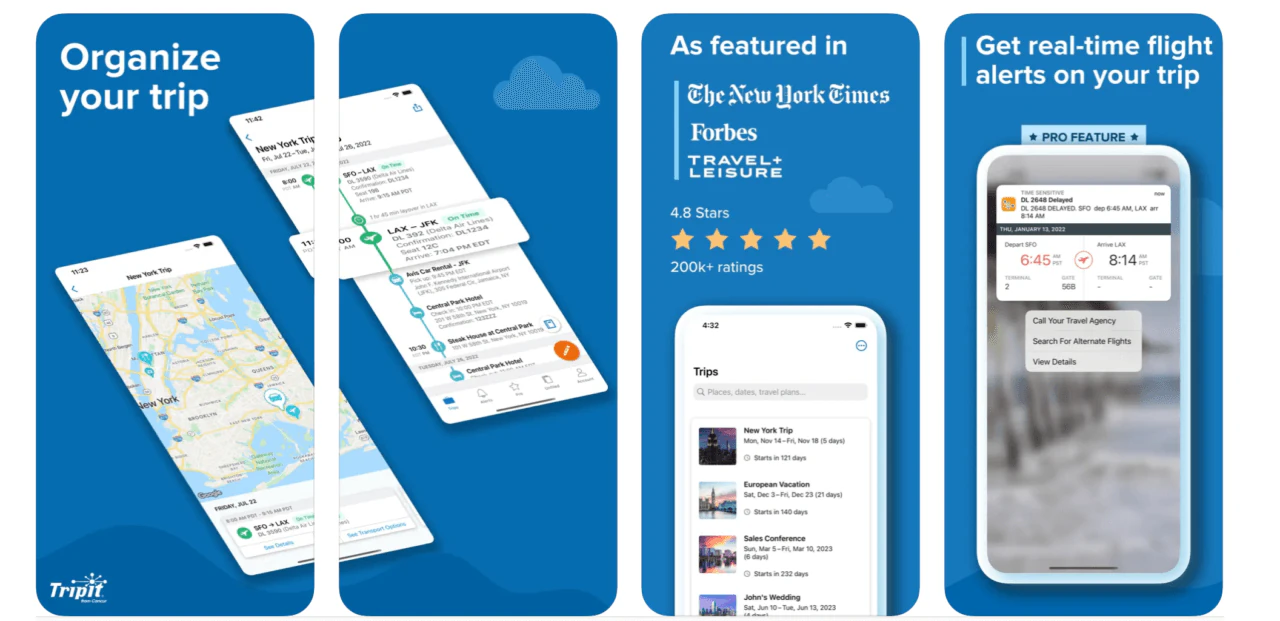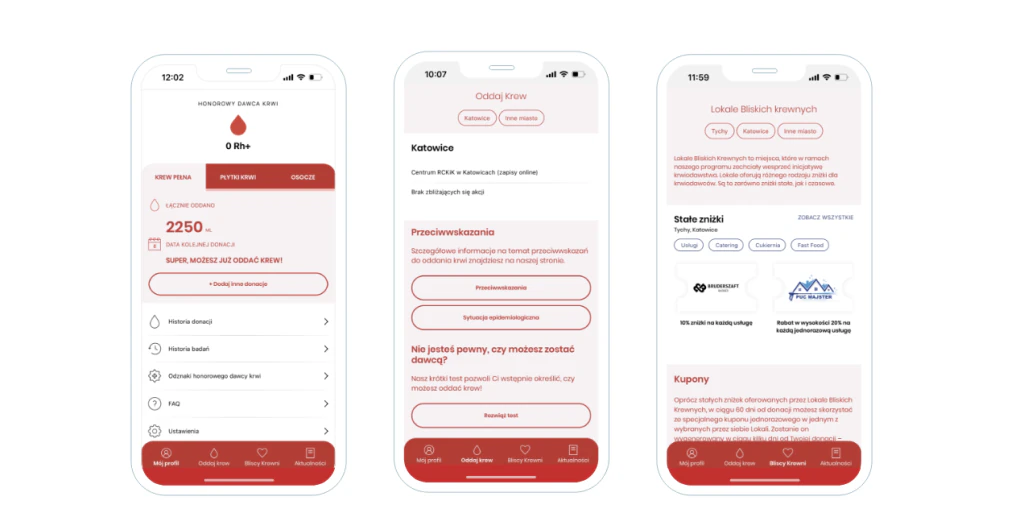Web app vs. mobile app development: which is better for your idea
If you’re looking to develop an app, one of the first decisions you’ll need to make is whether to go with a web app or a mobile app. Both have their strengths and weaknesses, and choosing the right one for your idea can make or break your project. In this article, we’ll take a business perspective and provide insights on the differences between web app development and mobile app development. We’ll also advise when it’s better to bet on web app and when on mobile app development.
Table of contents:
First, examine the problem
Why the choice matters
All about web applications
Mobile applications explained
Users help to choose web application or mobile application
What to choose: real life examples
Summary & Contact us
By the end of this article, we hope that you’ll have a clearer understanding of the differences between web app and mobile app development, and be better equipped to make the right decision for your idea. So let’s get started!
Is it better to build a web app or mobile app?
Our last client came to us with a request that he needed a mobile application. He wanted to develop a custom ERP software application and thought that a mobile app would be the best choice. The reason was the need to have an everything-in-a-one solution. But is it really only a mobile app that allows you to concentrate everything in one place? And secondly, didn’t the client have other needs that may also have been significant that they just didn’t think of?
This type of situation, namely starting a development discussion with a solution, happens quite often. However, the reality is different, and it’s the problem that should always be analyzed in order to then select a solution for it.
This is what we did in the case of this collaboration. We analyzed with the client his needs and the problem he wanted to solve. We also checked whether the client’s defined problem was something the recipients were facing. Based on a solid analysis, but also on the client’s goals and resources, we jointly decided on a platform.
The final decision was different from the client’s initial plans, but that doesn’t mean the client wasn’t satisfied. The struggle for businesses in selecting the right platform comes from the need to balance their product goals with their available resources. There are several points to consider and they are target audience, product requirements, budget, and development timeline. Businesses also need to take into account the current market trends and the future outlook for both web apps and mobile apps.
Therefore, we hope this article will help to familiarize you with the topic of choosing between web app development and mobile app development. So that it will be easier and faster to make the best possible decision.
What you can lose with the wrong choice
Betting on the wrong platform can have several negative consequences for businesses. Let’s look at some example situations.
If a business chooses to develop a web application when a mobile application would have been more suitable for their target audience, they risk losing potential customers who prefer using mobile apps. This can result in a decrease in user engagement and retention, which can ultimately lead to lost revenue and damage to the brand reputation.
On the other hand, if a business chooses to develop a mobile app when a web app would have been more suitable for their product, they risk investing unnecessary time and resources into the development process. This can result in delays and increased costs, which can put a strain on the business’s finances and timeline.
Ultimately, the decision to choose between a web app and a mobile app will depend on the specific needs and goals of each business. By carefully considering the advantages and limitations of each platform and conducting thorough user research, businesses can make informed choices that will help them reach their target audience and achieve their product goals.
Web app development: pros and cons
Web application development involves creating software applications that can be accessed through web browsers. It means that these applications can be used on any device with an internet connection.
Device independence
One of the key advantages of building web apps is platform independence. Since web apps can be accessed through web browsers, they can be used on a variety of devices, including desktops, laptops, and mobile devices, without the need for separate versions for each platform. This makes it easier for businesses to develop and maintain their applications.
Wider audience
Another advantage of web apps built is wider audience reach. With web apps, businesses can reach a larger audience since they do not need to download or install any software. This can be especially beneficial for businesses targeting users in areas with limited access to high-end devices or limited storage space.

Easier maintenance
Since web apps are hosted on remote servers, businesses do not need to worry about maintaining the software on individual devices. This can save time and resources while ensuring that all users are using the latest version of the application.
Limited access to device features
However, there are also some disadvantages to web app building. One
blockage is the limited access to device features. Web apps cannot access device-specific features such as camera, which can narrow web apps greater functionality.
Internet connectivity
Another disadvantage is the dependence on internet connectivity. Since web apps tend to require an internet connection to function, users in areas with limited connectivity may face difficulties using the application.
Mobile App Development: Pros and cons
Mobile apps development is the process of designing and building software applications specifically for use on mobile devices like smartphones and tablets. Mobile apps can be developed for both Android and iOS platforms, each with its own unique development requirements. Additionally, mobile apps can be built natively or using cross-platform tools.
Access to device features
One of the biggest advantages of mobile apps development is that it allows businesses to leverage the unique features of mobile devices, such as GPS, camera, and push notifications. This allows businesses to create more personalized and engaging experiences for their users. For example, a fitness app can use GPS to track a user’s workout, while a shopping app can use the camera to scan barcodes and compare prices.
Better user experience
Mobile apps offer a better user experience compared to web apps because they are designed specifically for mobile devices. Mobile apps can take advantage of gestures, such as swiping and pinching, and can be optimized for touchscreens. This results in a smoother, more intuitive experience for users, which can lead to higher engagement and retention rates.
Faster performance
Mobile applications are designed to run on mobile devices, which means they can take advantage of the device’s processing power. This results in faster load times and smoother performance, even when the user is offline.
Platform-specific development
One of the biggest issues of mobile app development is that it can be platform-specific. This means that separate development can be required for each operating system which result will be native mobile app. However, there are cross-platform development tools, such as React Native or Xamarin, which allow businesses to develop apps for multiple platforms with a single codebase, thereby reducing the need for separate development for each platform.
Higher development cost
Mobile app development can be more expensive than web app development due to the platform-specific development and testing requirements. Besides, developing an app for multiple platforms also increases costs. However, the cost can be mitigated by using already mentioned cross-platform development tools. While these tools can reduce the need for separate development for each platform, there may still be additional costs associated with platform-specific development and testing.
Limited audience reach
Native mobile apps are only accessible to users who have downloaded them from an app store. This means that businesses when building native mobile apps may have a limited audience reach compared to web apps, which can be accessed from any device with an internet connection. However, businesses can increase their app’s visibility by optimizing it for app stores search and using social media and other marketing channels to promote it.
Choose well: bet on the right platform for the users
Choosing the right platform for a software application is an important decision that can greatly impact its success. When considering whether to build web apps, progressive web apps native mobile apps, or hybrid apps, it is important to think beyond the technical differences and instead focus on the users. The success of both a mobile app or a web app depends on the consumers’ buying decision. Build the software product adapted to the audience’s needs so you can be assured you make the right decision.
Think about the app users behavior
To make a software application users will willingly use, you must know them. Use UX methods to examine what their needs and problems are. Try to make your software application a solution to what they need.
For example, if the app is designed for younger generations who are more likely to use their mobile devices for browsing and shopping, then an IOS apps or Android apps may be the better choice. On the other hand, if the app is geared towards business professionals who primarily work on desktop computers, then a web app may be more appropriate. The better you know your audience’s behavior the more fitted decisions you can make.

What do you want your users to do?
Do you want your users to take photos with your product? Or maybe share their sports achievements? Be sure what qualities you deliver and what functionalities you provide them with. For example, if the app requires access to the device’s camera, GPS, Google Maps, or other native functionalities, then a mobile app may be the better choice. On the other hand, if the app is primarily focused on data display, web apps may be a better fit. In addition, web apps can offer a wider range of functionalities, such as email and file management, which are not typically available in mobile apps.
Be aware of time and money
Lastly, think about the timeline and budget you want to spend. Mobile apps can be more expensive to develop than web apps due to the need for platform-specific development, testing, and maintenance. On the other hand, be aware of the benefits you can gain with spending more money and building a mobile app. The most important is to know your goal and to make proper decisions based on it.

Real case examples, when to use what
When to choose web app development
Imagine a product like an online learning management system (LMS) for a university. The primary goal is to provide a seamless learning experience to thousands of students, with regular updates to course materials and assignments. A web app would be the best choice in this scenario because it would be accessible to all students with an internet connection, regardless of the device they use. Also, the web app can easily integrate with existing university systems, such as student information and enrollment management systems. Web apps are highly scalable, making it easier to handle high volumes of students and course materials. In summary, web app development is ideal for products that require broad reach, seamless integration with existing systems, and regular updates.


When to choose mobile app development
Consider a product like a travel itinerary planner that provides personalized recommendations based on users’ preferences and travel history. The primary goal is to provide a unique and enjoyable travel experience for individual users. A mobile app would be the best choice in this scenario because it would provide a personalized and convenient user experience. Mobile apps can access device features like GPS, camera, and microphone, which can enhance the travel experience by providing real-time location-based recommendations and allowing photo-sharing. Additionally, mobile apps offer offline access to users, which is essential for travelers who may not have access to the internet while traveling.


Summary thoughts are also about the users
There is no perfect tool and solution for everything. The same is with the decision between what to choose web app or mobile app development. It all depends on your product goals and functionalities. Both platforms have their pros and cons, and it’s essential to weigh them carefully before making a decision.
When it comes to selecting the platform for a software app, the users should always be at the center of the process. After all, it is the users who will ultimately determine the success or failure of the product. Users are the ones who will be buying and using the product, so their preferences and behaviors should inform the choice between a web app or a mobile app. It’s important to consider factors like user demographics, device usage patterns, and user needs when deciding on a platform. By prioritizing user experience and choosing a platform that best aligns with their preferences, you can ensure that your product is well-received and achieves its intended goals.
Choose a software partner
Last no least, don’t make such a decision by yourself. Unless you are a ux designer, coder and entrepreneur in one. In any other case, consult experts. They can provide expert advice and help you make an informed decision that aligns with your business objectives.
At Software Thinks we put a great emphasis on making the right decisions regarding technology. We know that they impact everything. We will help you to analyze all important factors to guide you in your decision. Contact us today to learn more about how we can help bring your idea to life.
Read more about

Contact
Benefit from a free consultation
Ready to turn your software idea into reality? Collaborating with us means benefiting from our experience, expertise, and cutting-edge technology to bring your vision to life. Simply share a few words with us about your idea, and our expert will reach out to ask the ring questions.




